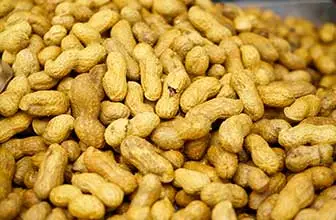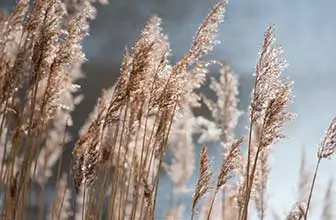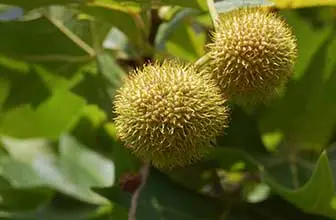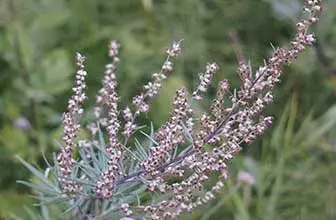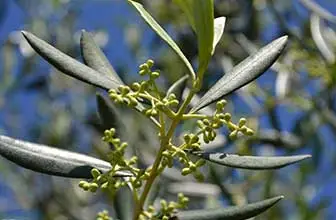Allergies
Pellitory of the wall pollen
Allergy to pellitory of the wall pollen (Parietaria judaica) is present in central and southeastern Europe. The plant is found on walls, rocks, lots, old houses and uncultivated areas. It is a very powerful allergen, the most important on the Mediterranean coast, with little significance in the interior. It causes allergies almost the whole year, from March to October, mainly in spring. Par j is the glycoprotein responsible for most of the allergenic activity, with 95% of patients allergic to parietaria being sensitized. The most common symptoms are rhinitis, bronchial asthma and skin changes. As a prevention, it is advisable to avoid going outside at times of highest pollen concentration (mainly at dawn and dusk, especially when there is a strong wind), install anti-pollen filters in the air conditioning and car, carry sunglasses when going outside, showering and changing clothes when you get home, and not laying outside.
Alérgeno recombinante para IVD
TYPE
Especie
ALÉRGENOS RECOMBINANTES
Name, references, and description
Tipo de reactivo
- Alérgenos/Antigenos
- Bloqueadores
- Anticuerpos
Características Reactivos
- Humana
- Animal
- Allergies
-
Parietaria judaica
-
- Par j 2
- RAL0020
- RAL0020BIOT (biotinilado)
- Phospholipid transfer protein (LTP)
-
Brochures
Videos
Especialistas en alérgenos recombinantes para tests de anticuerpos de alérgenos
We ensure a commitment to absolute confidentiality regarding all information received and generated related to your project.
-
[[carrito.product.name]]
- [[sku.sku]]
Or if you prefer...
We will analyze your request to prepare a quote tailored to your needs.
-
[[carrito.product.name]]
- [[sku.sku]]
As manufacturers, we can adapt our products to your needs.
Contact us!

